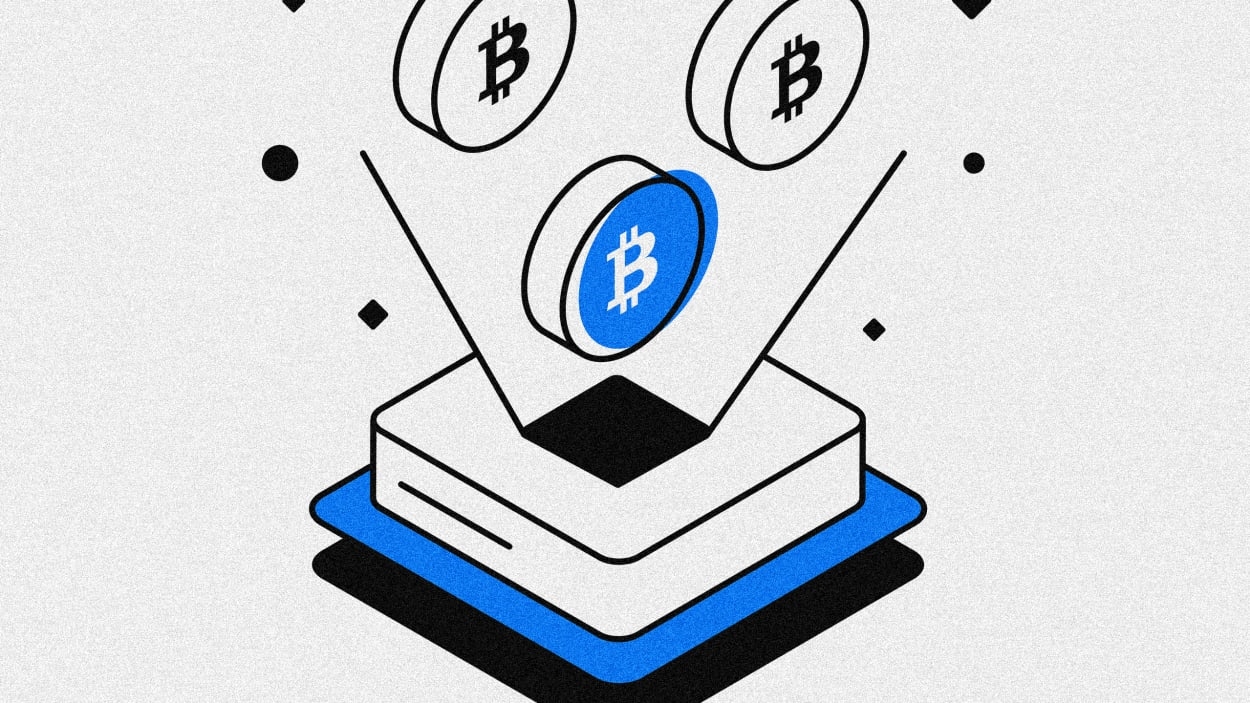Update Friday, 9:49 a.m. ET:
On Thursday, the SEC said crypto exchange Kraken would “immediately” end its platform’s crypto staking service, and pay $30 million to settle SEC charges that it was listing unregistered securities. The news confirms rumors that the SEC would target staking as it tightens its crypto crackdown.
Kraken’s staking service, which dates back to at least 2019, once advertised a 20% yield on the platform’s website, and the SEC noted it could in fact be as high as 21%.
“Whether it’s through staking-as-a-service, lending, or other means, crypto intermediaries, when offering investment contracts in exchange for investors’ tokens, need to provide the proper disclosures and safeguards required by our securities laws,” Gensler said in a statement. “Today’s action should make clear to the marketplace that staking-as-a-service providers must register and provide full, fair and truthful disclosure.”
Original story Thursday, 5:30 p.m. ET:
The rumor mill is churning on Thursday over whether the Securities and Exchange Commission (SEC), which has sought to wrangle the crypto industry’s wild wild west for more than a year, could crack the whip on cryptocurrency staking.
Speculation grew after Coinbase chief executive Brian Armstrong posted on Twitter late Wednesday, after he supposedly heard suggestions that “the SEC would like to get rid of crypto staking in the U.S. for retail customers.” In a six-part thread, he outlined why that would be a “terrible path”:
Armstrong did not reveal where he heard these suggestions. Reached by Fast Company, the SEC declined to comment on where the agency stands.
Still, the idea that the SEC could have staking in its crosshairs—as well as the weight given to those murmurs by Armstrong’s acknowledgement—are unsettling for the industry. It comes as the SEC has stepped up long-called-for efforts at a crypto crackdown since November, after crypto exchange FTX’s collapse devastated investors and shook trust in the largely unregulated ecosystem. The regulatory body’s chairman, Gary Gensler, has already indicated that he considers most cryptocurrencies to be securities, which must be policed for crimes like insider trading and pump-and-dump schemes. Earlier this week, Bloomberg reported that the agency was investigating whether crypto exchange Kraken was listing unregistered securities.
What’s at stake
Restrictions on staking could cripple crypto’s growth on far more fundamental grounds. The term “staking” refers to “proof of stake,” the industry’s dominant blockchain consensus mechanism—i.e., the way blockchains determine which transactions are inscribed into the digital ledger. The process requires so-called validators, or people who run special computing programs in order to verify which transactions are legitimate, to put up a minimum sum of money behind their decisions as collateral, called a cryptocurrency “stake.” As a reward for honest work, validators are paid in cryptocurrency.
But some crypto institutions, like Coinbase, have sought to make staking available to investors who don’t have special equipment needed to do actual blockchain validating. Those who wish only to capitalize on the rewards offered by staking can do so by contributing crypto into a pool in order to meet the minimum stake size—then they are paid a cut of the validators’ prize. On Coinbase, it maths out to roughly 6% returns on their investment.
Interest in staking boomed after the world’s biggest blockchain, Ethereum, transitioned to a proof-of-stake system in September, in a watershed moment dubbed the Merge. A steady stream of staking is what powers Ethereum’s continuous logging of millions of transactions every single day, across token swaps, NFT trades, play-to-earn gaming cashouts, and more. Altogether, proof-of-stake blockchains supplied 23% of the total market value of digital assets at the end of 2022, according to a report from Staked and Kraken. In the fourth quarter, the value of staked cryptocurrencies totaled nearly $42 billion.
Now, crypto supporters say that could be at risk. The SEC’s sister organization, the Commodity Futures Trading Commission, had previously classified Ethereum as a commodity. But at a congressional hearing last year, Gensler said tokens that allow staking could be classified as securities under the Howey Test—whose criteria inspects whether there is an “investment of money in a common enterprise, with a reasonable expectation of profits to be derived from the efforts of others.” It’s still unclear whether Gensler is eyeing a complete ban.
Vested interests
In his tweet, Armstrong argued that “staking is a really important innovation in crypto,” which “brings many positive improvements to the space including scalability, increased security, and reduced carbon footprints” (as opposed to proof of work, which is proof of stake’s carbon-guzzling counterpart).

But it’s obvious that Armstrong would jump to staking’s defense, given his own vested interests. According to Etherscan, Coinbase is one of the world’s largest holders of staked ether, second only to the decentralized finance protocol Lido. And according to the company’s earnings report, blockchain rewards accounted for roughly 11% of its net revenue during 2022’s third quarter.
In August, Coinbase disclosed that it was under investigation by the SEC for its staking programs. Armstrong, who has clashed with the regulatory body in the past, also accused the SEC in his recent tweet of pursuing “regulation by enforcement,” a charged term used by crypto supporters to criticize the SEC for slapping companies with penalties as a way to make up the rules as it goes, versus creating a clear framework that companies can follow. At least one former SEC official has refuted those complaints as “sorely misguided.”
After the tweet, Coinbase’s stock dropped 12% today. As of midday, the price of Ethereum is down 2%.
(5)
Report Post








